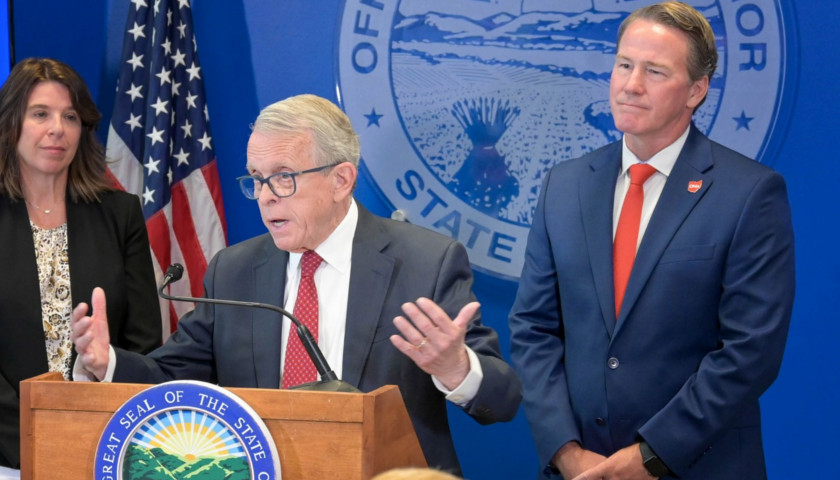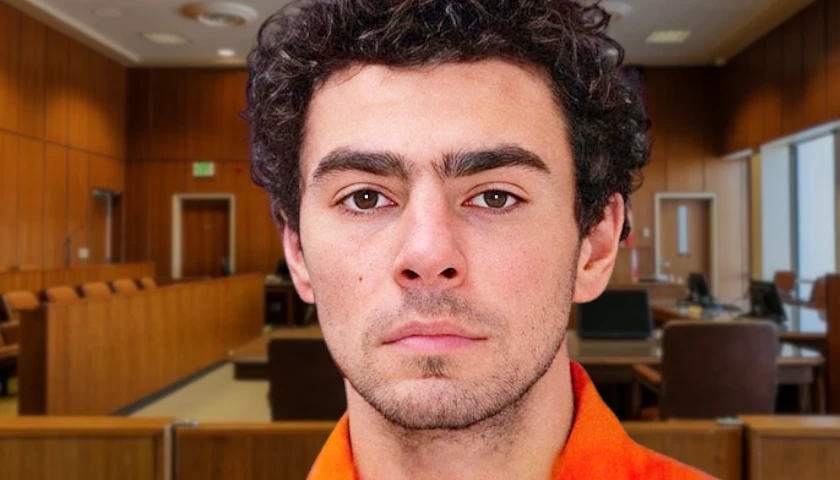Ohio Governor Mike DeWine and Lt. Governor Jon Husted announced that CyberOhio is now providing free services to local governments to improve their preparedness and resilience towards cybersecurity threats.
Local governments will be guided through three levels of cybersecurity preparedness by the new Ohio Persistent Cyber Improvement (O-PCI) program. Each level of cybersecurity advancement will include five steps: education, training, exercise, mentoring, and improvement.
According to DeWine, this program is critical to give local governments the necessary training and support to protect themselves from cyber threats.
“The O-PCI program is a significant step forward for Ohio. The threat of cyberattacks is increasing every year, and we must give our local partners the training and support they need to protect themselves from cyber criminals,” DeWine said.
CyberOhio and the Homeland Security Advisory Committee – Cyber (HSAC-Cyber) collaborated to develop the O-PCI program. The committee is a partnership between state agencies, local governing bodies, partners in the public sector, and cybersecurity specialists, and it is headed by Kirk Herath, DeWine’s strategic advisor on cybersecurity.
The Federal Emergency Management Agency and the U.S. Cybersecurity and Infrastructure Security Agency will fund O-PCI through the State and Local Cybersecurity Grant Program (SLCGP). In the first year of the initiative, the O-PCI program will receive $4.9 million in funding.
According to Herath, this funding provides a tremendous opportunity to enhance Ohio’s cybersecurity in local governments.
“The O-PCI program marks a pivotal moment for local government cybersecurity in Ohio. By capitalizing on this funding, we have a tremendous opportunity to enhance our cyber defenses, bolster threat intelligence capabilities, and foster a culture of cyber resilience among local governments. The O-PCI will serve as a beacon of excellence in cybersecurity for other states to emulate,” Herath said.
The Ohio Cyber Range Institute and the Ohio Cyber Reserve are to provide education and training, carry out assessments and inventory for the National Institute of Standards and Technology, organize tabletop exercises and after-action reviews, and offer ongoing mentoring and advice to regional organizations. Local agencies receive services at no cost, regardless of their competence with cybersecurity techniques.
Husted said that strengthening local governments’ cybersecurity its crucial to helping protect Ohioans.
“In today’s world, strengthening cybersecurity is more important than ever. This new resource will be a helpful service to our partners on the local level, arming them with the tools they need to prevent cyberattacks, building up cyber resilience, and helping to protect Ohioans,” Husted said.
While serving as the state’s attorney general, DeWine established CyberOhio. In all state executive branch agencies, the program organizes and directs Ohio’s cybersecurity initiatives. In order to safeguard Ohio’s information technology infrastructure and data across sectors, CyberOhio coordinates and directs collaboration with other state offices and branches, counties, local governments, academic institutions, and critical infrastructure partners.
– – –
Hannah Poling is a lead reporter at The Ohio Star, The Star News Network, and The Arizona Sun Times. Follow Hannah on Twitter @HannahPoling1. Email tips to [email protected]
Photo “Gov DeWine and Lt Gov. Husted” by Gov Mike DeWine.








